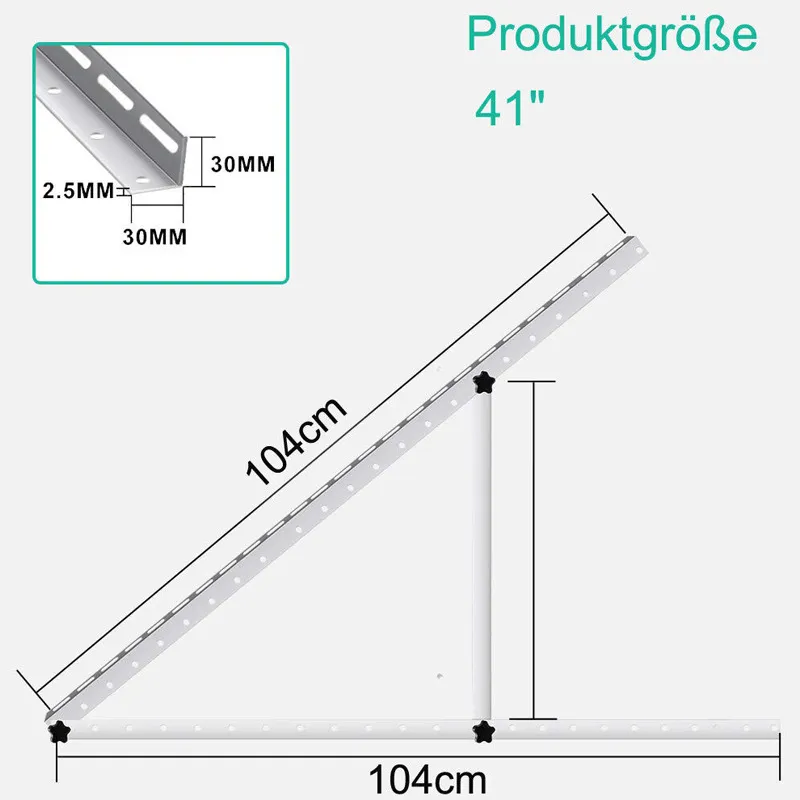

Choosing the Right Stainless Steel Stud Bolts for Your Project Needs
Nov . 07, 2024 17:04 Back to list
Choosing the Right Stainless Steel Stud Bolts for Your Project Needs
Understanding Stainless Steel Stud Bolts Applications and Advantages
Stainless steel stud bolts are essential fasteners widely used in various industrial applications. Known for their strength, corrosion resistance, and versatility, these bolts are crucial components in structures and machinery where reliable fastening is essential.
What Are Stainless Steel Stud Bolts?
Stainless steel stud bolts typically consist of a cylindrical rod with threads on both ends, and one end may have a nut attached, depending on the application. These bolts are available in various grades of stainless steel, which dictate their corrosion resistance, tensile strength, and overall performance. The most common grades include 304 and 316 stainless steel, with 316 being preferred in more corrosive environments due to its higher molybdenum content.
Key Advantages of Stainless Steel Stud Bolts
1. Corrosion Resistance One of the most significant benefits of stainless steel stud bolts is their resistance to rust and corrosion. This makes them suitable for environments exposed to moisture, chemicals, and extreme weather conditions, such as marine, chemical processing, and wastewater treatment facilities.
2. Strength and Durability Stainless steel stud bolts are known for their high tensile strength, which makes them reliable in heavy-duty applications. They are designed to withstand significant loads and stresses, providing a secure fastening solution.
3. Aesthetic Appeal The shiny surface of stainless steel gives a sleek and professional look. This aesthetic quality makes stud bolts an excellent choice for visible applications, such as architectural structures and decorative installations.
4. Versatility Stainless steel stud bolts can be used in a wide range of applications. They are commonly found in construction, automotive, aerospace, and marine industries, among others. Their adaptability allows engineers to use them in various designs and structures.
5. Ease of Maintenance While most fasteners may require regular maintenance to prevent rust and degradation, stainless steel stud bolts are relatively low-maintenance. Their excellent corrosion resistance means they do not require frequent replacement, resulting in lower overall maintenance costs.
stainless stud bolts

Applications of Stainless Steel Stud Bolts
Stainless steel stud bolts are prevalent in various sectors
- Construction Used for structural steel connections, anchor bolts, and in precast concrete applications, they provide robust support for buildings and bridges
.- Marine Industry Their corrosion resistance is critical for components subjected to seawater. Stud bolts are utilized in shipbuilding, offshore platforms, and marine equipment.
- Oil and Gas In the oil and gas sector, stainless steel stud bolts are used in drilling rigs, pipelines, and refineries, where exposure to harsh chemicals and corrosive environments is common.
- Automotive Industry They are employed in engines, transmissions, and vehicle chassis, where reliability and strength are paramount.
- Food and Pharmaceutical Industries The hygienic properties of stainless steel make these bolts suitable for applications in food processing and pharmaceuticals, where contamination must be minimized.
Conclusion
Stainless steel stud bolts represent a reliable choice for a variety of fastening needs across numerous industries. Their unique combination of strength, corrosion resistance, and aesthetic appeal makes them an ideal solution for both structural integrity and visual quality. As industries continue to demand high-performance materials, stainless steel stud bolts are sure to maintain their essential role in modern engineering and construction. Whether you are working on a large-scale construction project or a small mechanical assembly, considering stainless steel stud bolts can enhance both the durability and lifespan of your applications. In a world where fasteners are often overlooked, their importance cannot be understated, and understanding their characteristics is crucial for making informed choices in material selection.
Latest news
-
High-Strength Hot-Dip Galvanized Bolts-Hebei Longze|Corrosion Resistance&High Strength
NewsJul.30,2025
-
Hot Dip Galvanized Bolts-Hebei Longze|Corrosion Resistance&High Strength
NewsJul.30,2025
-
Hot Dip Galvanized Bolts - Hebei Longze | Corrosion Resistance, High Strength
NewsJul.30,2025
-
High-Strength Hot Dip Galvanized Bolts-Hebei Longze|Corrosion Resistance, Grade 8.8
NewsJul.30,2025
-
Hot Dip Galvanized Bolts-Hebei Longze|Corrosion Resistance,High Strength
NewsJul.29,2025
-
High-Strength Hot Dip Galvanized Bolts - Hebei Longze Metal Products Manufacturing Co., Ltd.|corrosion resistance&high strength
NewsJul.29,2025

